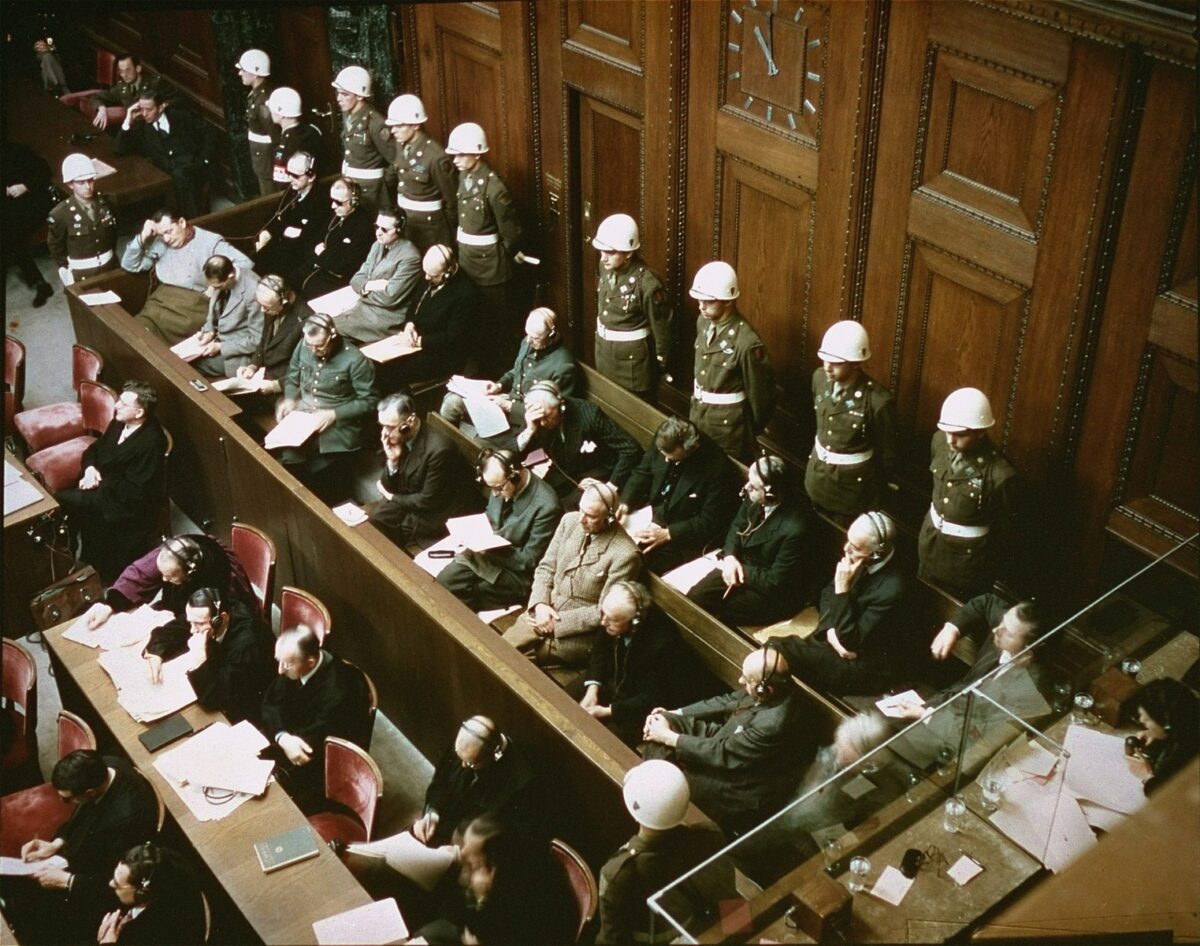The complete archives of the seminal Nuremberg war crimes trial will be housed in a new center at Stanford University in California.
Known as the Taube Archive of the International Military Tribunal of Nuremberg, it will manage the long-term digital preservation of documents, transcripts, photographs, films and audio recordings from this historic postwar trial in Germany which brought a group of Nazi leaders to justice.
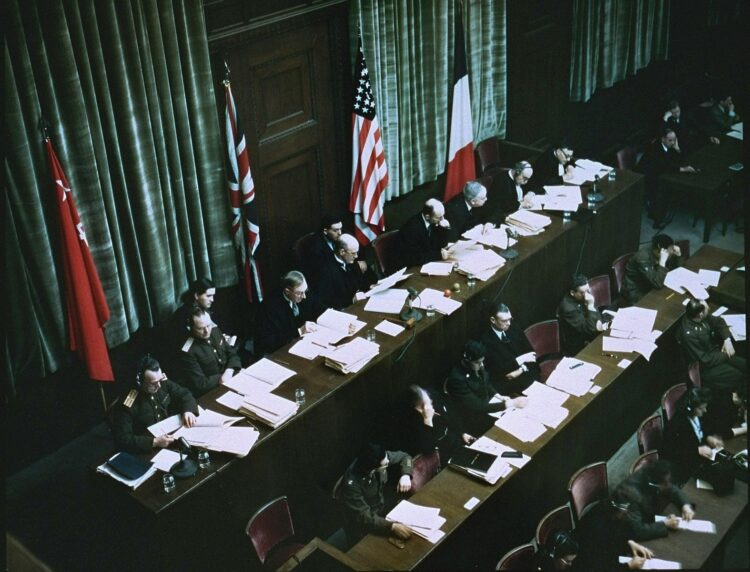
Stanford was authorized to create the project by the International Court of Justice in The Hague.
Stanford Libraries will develop the collection to provide a multimedia and educational resource for scholars, students and the public.
At present, materials from the trial are scattered in the holdings of many universities and are thus not easily accessible, Michael Keller, Stanford’s vice-provost and university librarian, said in an interview.
“The Nuremberg digital archive site we are developing will present the original, unpublished and complete record of the trial,” he added.
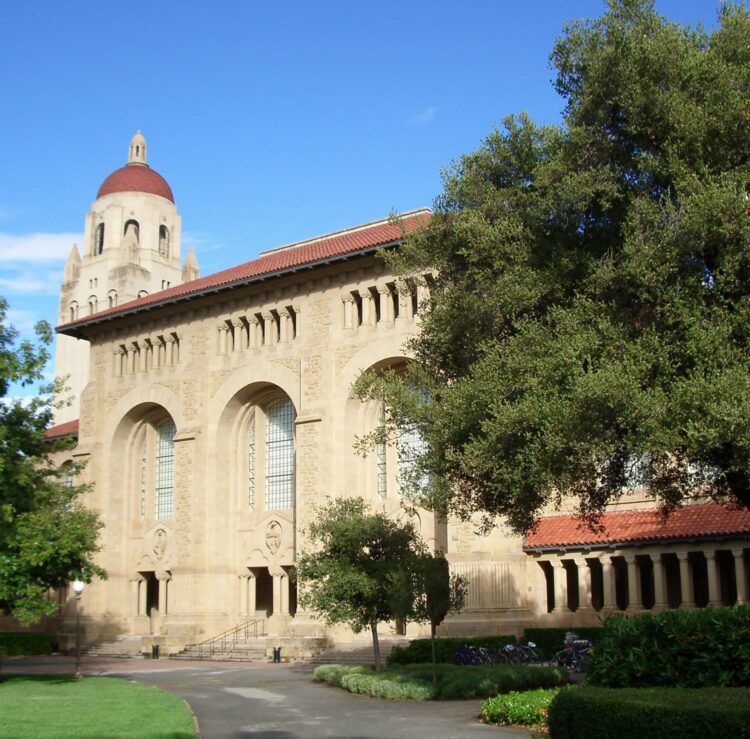
David Cohen, an expert on the trial and the director of Stanford’s Center for Human Rights and International Justice, said the new center will enable “the fullest utilization of this remarkable resource.”
The Taube Philanthropies will provide funds for the hosting program and establish an endowment to ensure the archive is maintained and remains secure in the Stanford Digital Archive.
Tad Taube, chairman of the Taube Philanthropies, is a Holocaust survivor.
The Nuremberg trial, conducted in 1945 and 1946, established the precedent that individuals, including heads of state, can be held criminally accountable for international crimes, such as crimes against humanity.
The trial signalled a significant shift in international law and provides the foundation on which all current international tribunals have been established.
The Nuremberg principles ushered in an era of human rights and international justice that continues to this day.
Keller, Cohen and the Taube Philanthropies explained the project during a question-and-answer session.
- When will the digital proceedings of the Nuremberg war crimes trial be available online? When will the process begin? What will be the challenges/problems in finishing this project? How many people are involved?
Michael Keller: This is a two-year project. Formatting the texts to permit advanced searching and correlations will be needed, as well linking related texts with audio and photographic items will take some curatorial attention. None of these next steps are problems. The Library & Documentation Center of the International Court of Justice has presented us with exceptionally good digital documents, graphics, and audio files as well as extensive metadata for each file at a very granular level. The equivalent of five people are involved in realizing this project, which includes depositing the original files in our digital archive for digital preservation for posterity.
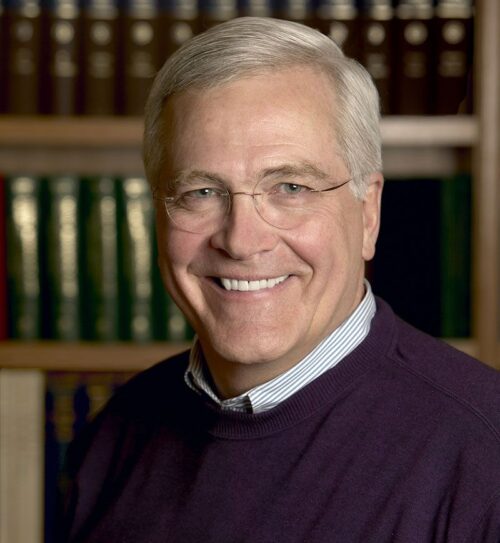
- How many digital versions of the trial are currently available internationally and exactly where are they now?
Michael Keller: To the best of our knowledge, there are only partial versions of the trial archive in various places around the world.
- What role are you playing in this process? Will you be in charge of the collection after it is digitized?
David Cohen: We have the role of preserving the digital archive and making it available as an educational and research resource on the kind of innovative platforms the Stanford Library has developed. The collection is a collaboration of the Stanford Libraries and the Stanford Center for Human Rights and International Justice. The collection will be housed at the Stanford Libraries, which will administer it.
- Why was Stanford chosen to undertake this task?
David Cohen: Stanford Libraries and the Stanford Center for Human Rights and International Justice offer a unique combination of resources and experience. Making this resource broadly available represents an extraordinary opportunity. Through our partnership with the Stanford Libraries, we will work together to ensure that the design of the resource will include scholarly functionalities that will enable the fullest utilization of this remarkable resource.
- Is Tad Taube covering the full cost of this project? What will it cost?
Michael Keller: Tad Taube is covering the full cost of this project. We do not release specifics on the cost.
- Taube is a Holocaust survivor. What happened to him and his family during the Holocaust?
Taube Philanthropies: Tad Taube was born in Kraków, Poland, in 1931. His parents were in the United States on a business trip in the spring 1939 and realized they should not return to Poland. They arranged for a friend to take Tad out of Poland and accompany him on the long journey to the U.S. not long before Germany’s invasion of Poland and the outbreak of World War II. All of his family members in Poland perished save for his cousin who was hidden in a convent. After the war, his cousin, Nita, was reunited with Tad and his parents and adopted as his sister.
- Will this project accelerate research on the Nuremberg trial? How many books and monographs have been published on the trial? Are there still aspects of the trial that need further study?
David Cohen: The project will enable researchers to easily access the entire archival legacy of the International Military Tribunal (IMT). Although there have been many publications about Nuremberg, there is still much to be learned and discussed concerning the trial.
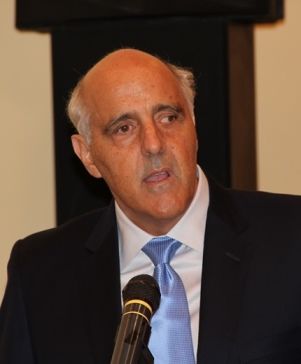
- Will this project help combat Holocaust denial?
Michael Keller: The Nuremberg digital archive site we are developing will present the original, unpublished, and complete official record of the Nuremberg trial. The truths and principles that it contains will inform broader humanitarian purposes and will combat misinformation, inspire human rights movements, and create trust in justice.
- What was the significance of the trial, short and long-term?
David Cohen: The main point is that the trial is the foundation for the contemporary global enterprise of international justice. It was pathbreaking in regard to many legal issues
- When did your own interest in human rights develop?
David Cohen: My interest in human rights and international law related to war, conflict, and genocide informed my teaching at the University of California in Berkeley from 1981. This interest took on a new impetus with the creation of the new international criminal tribunals for Rwanda and the former Yugoslavia in the mid-1990s, the direct descendants of Nuremberg.
- What topics were scrutinized by the Berkeley War Crimes Studies Center?
David Cohen: The search for accountability after WWII in both Europe and Asia, at the international and national levels; analyzing the performance and jurisprudence of the UN tribunals in East Timor, Cambodia, Rwanda, Bosnia, Sierra Leone, and the former Yugoslavia; legal reform and the rule of law in post-conflict or transitional contexts such as Indonesia, East Timor, and others; providing training for judges, prosecutors, and investigators in these kinds of institutions; trial monitoring of international and national human rights trials.
